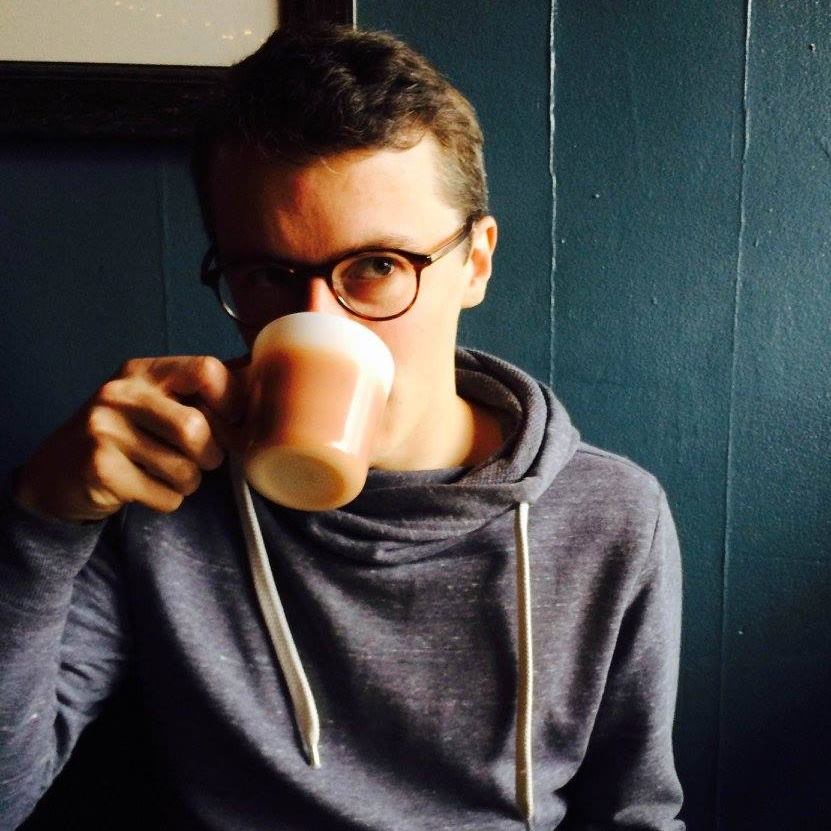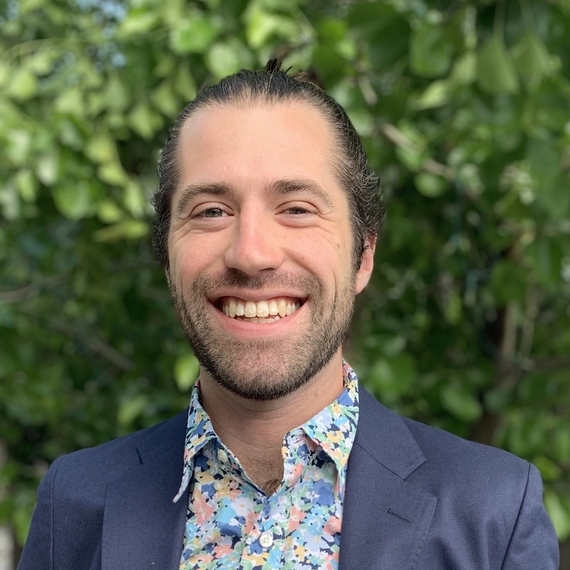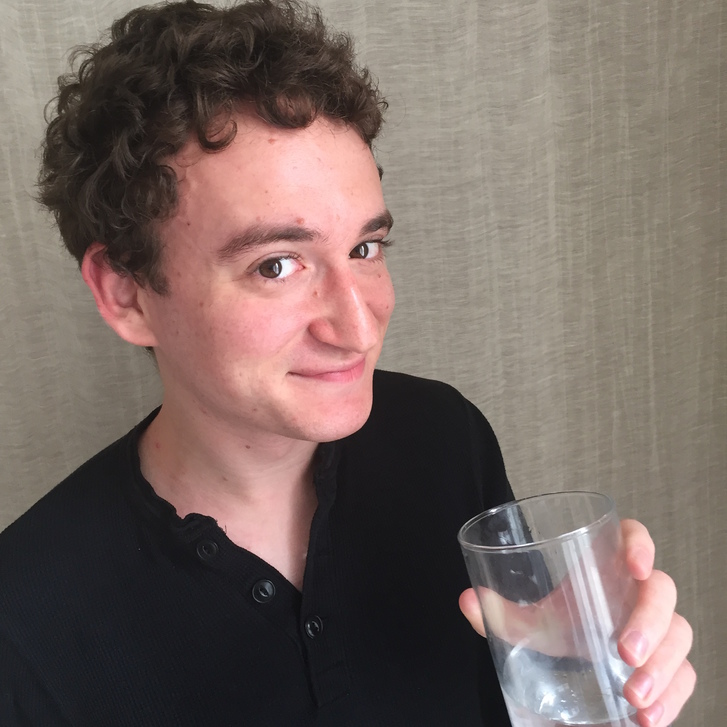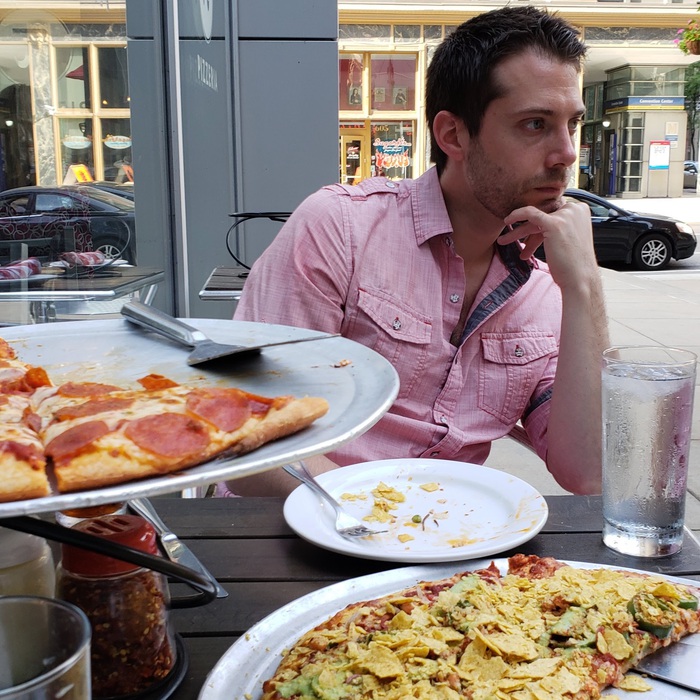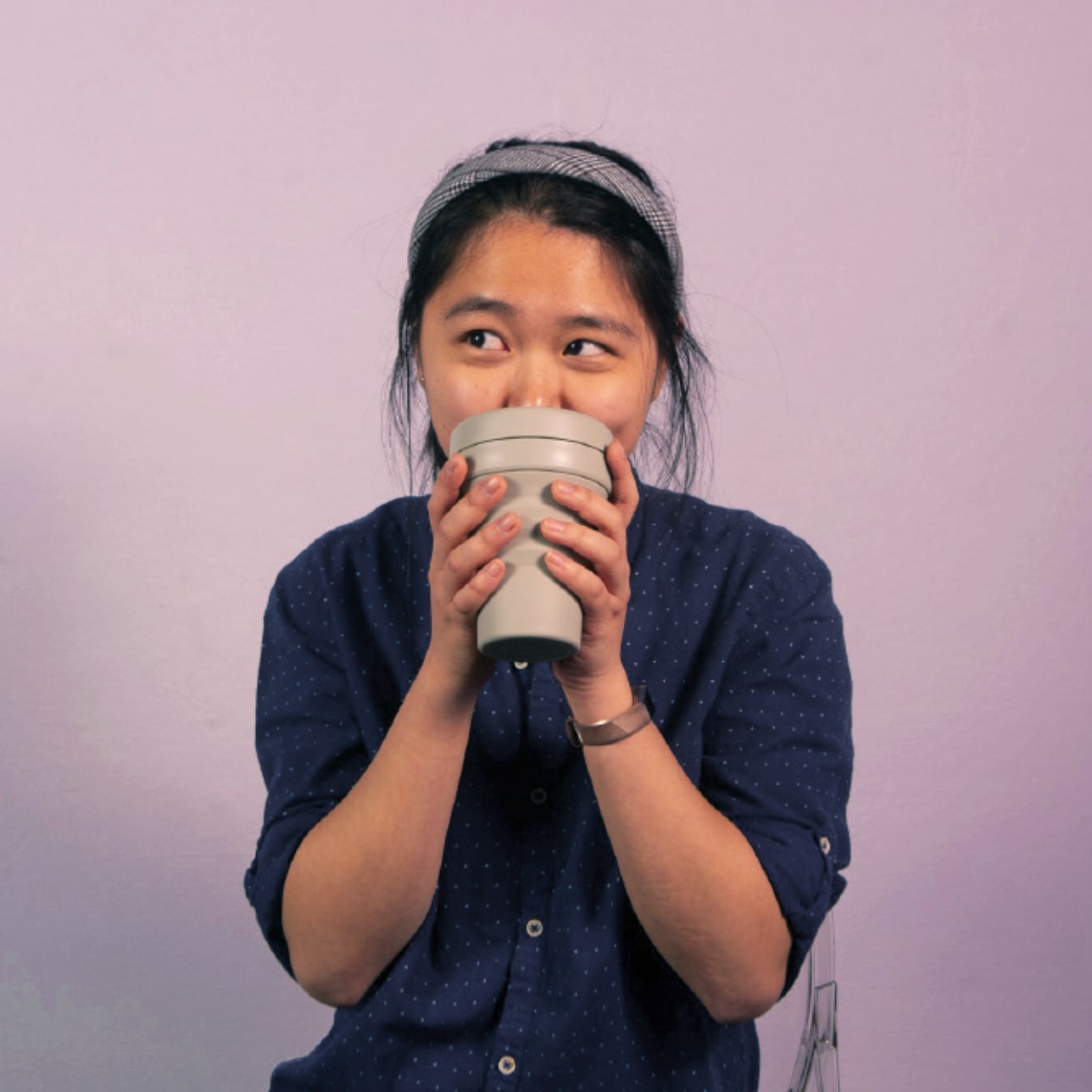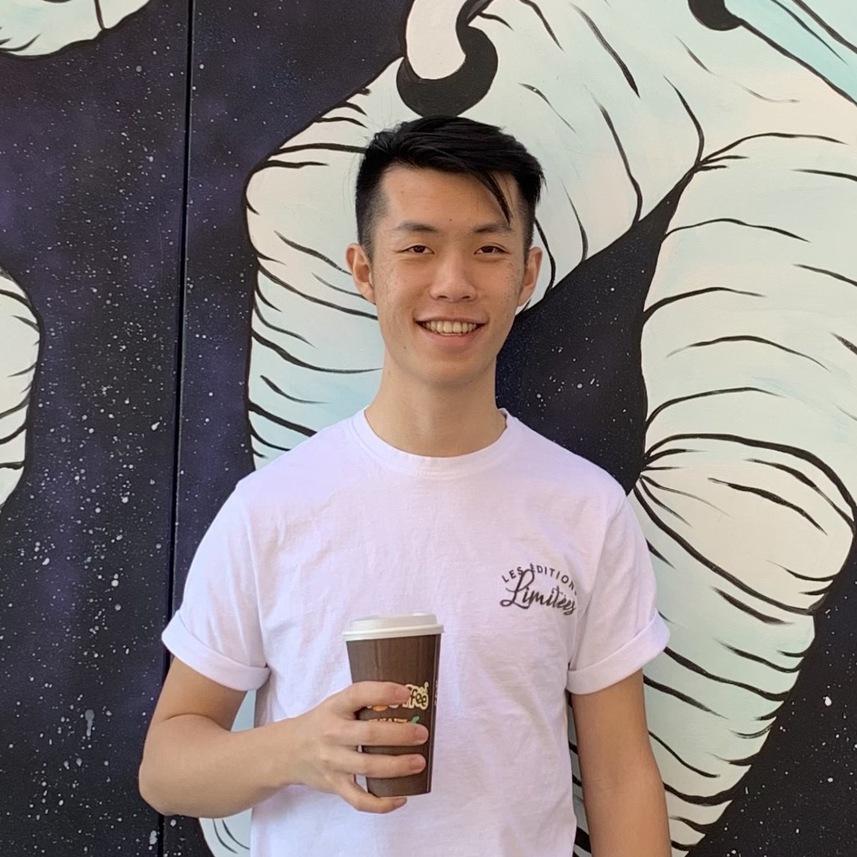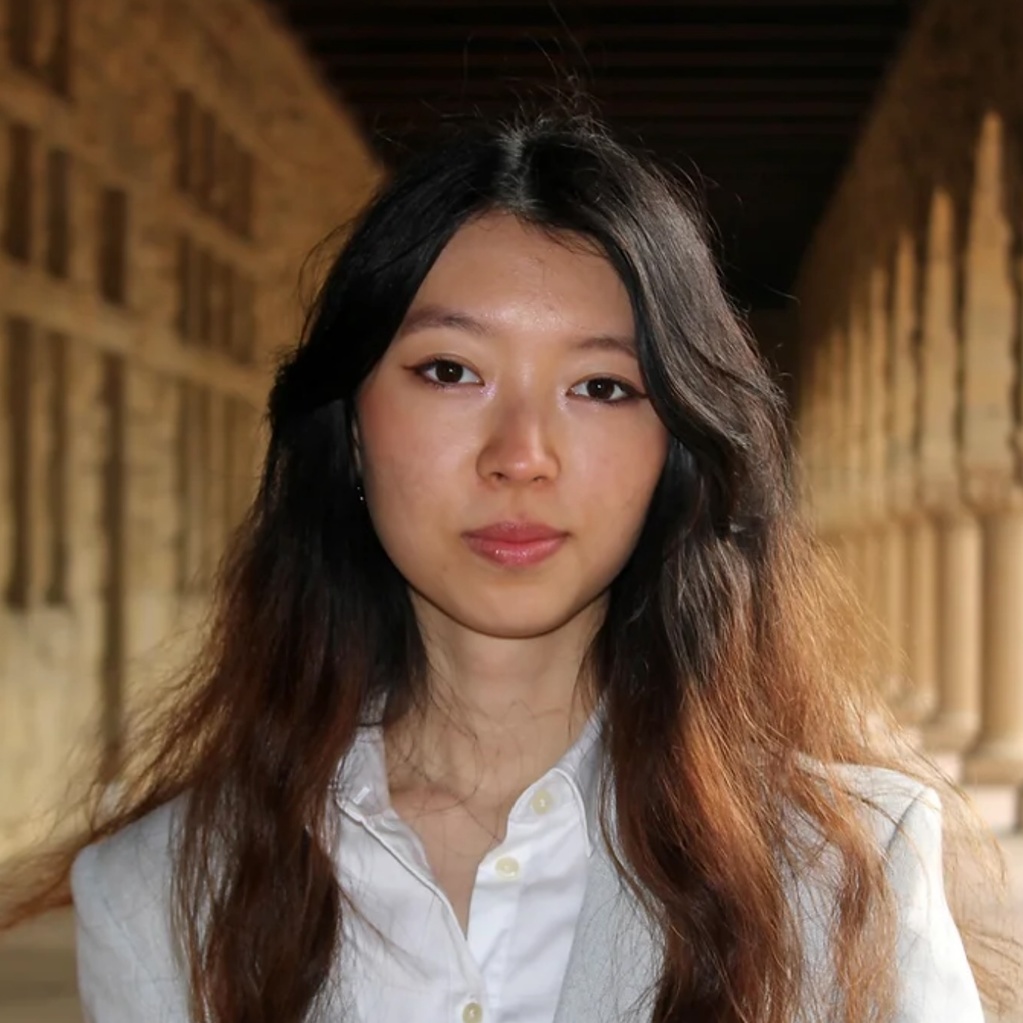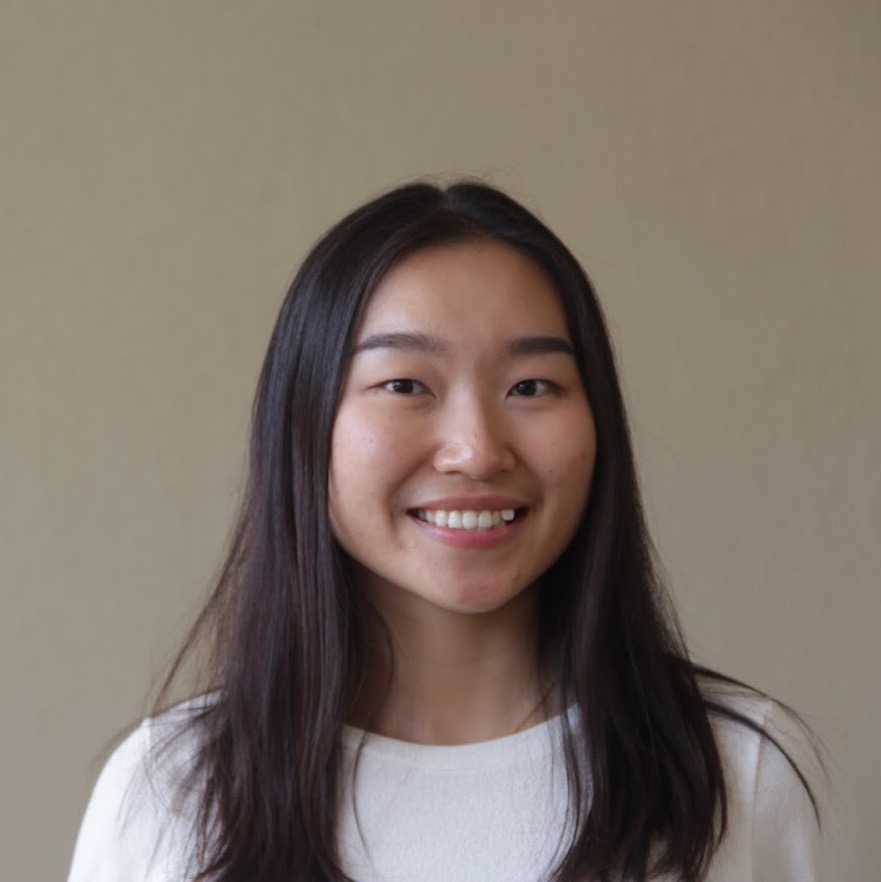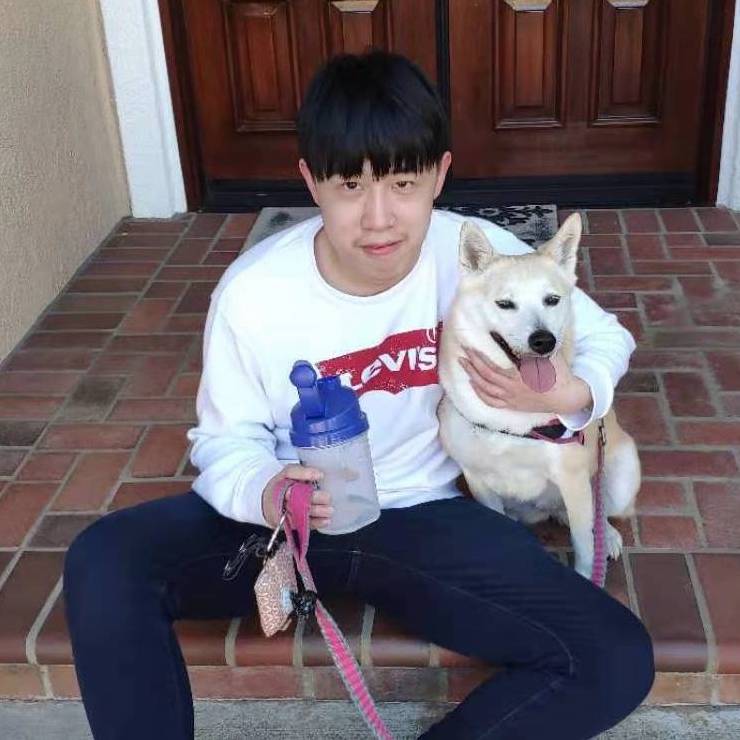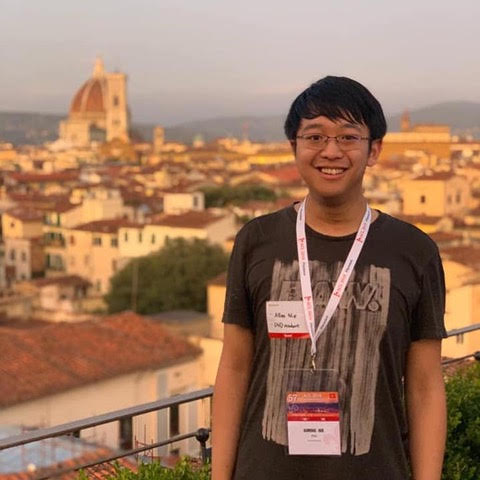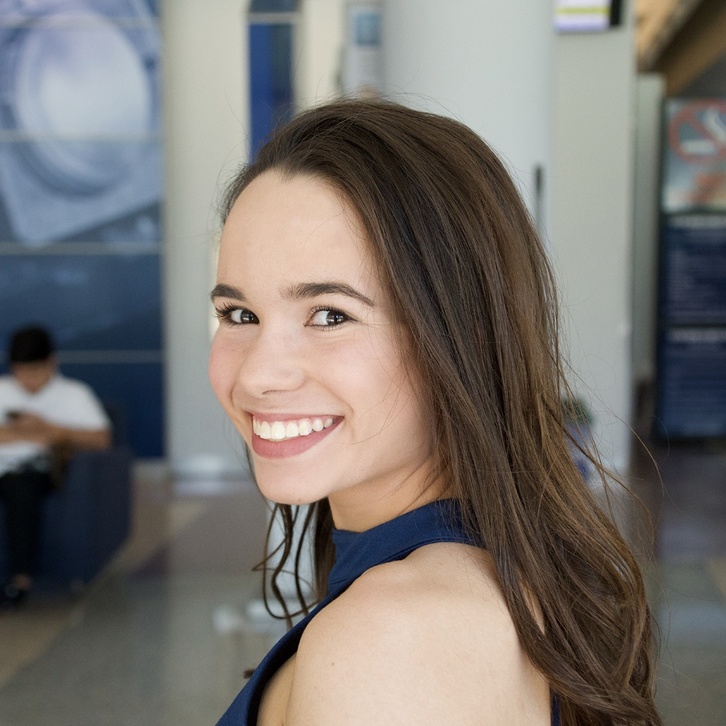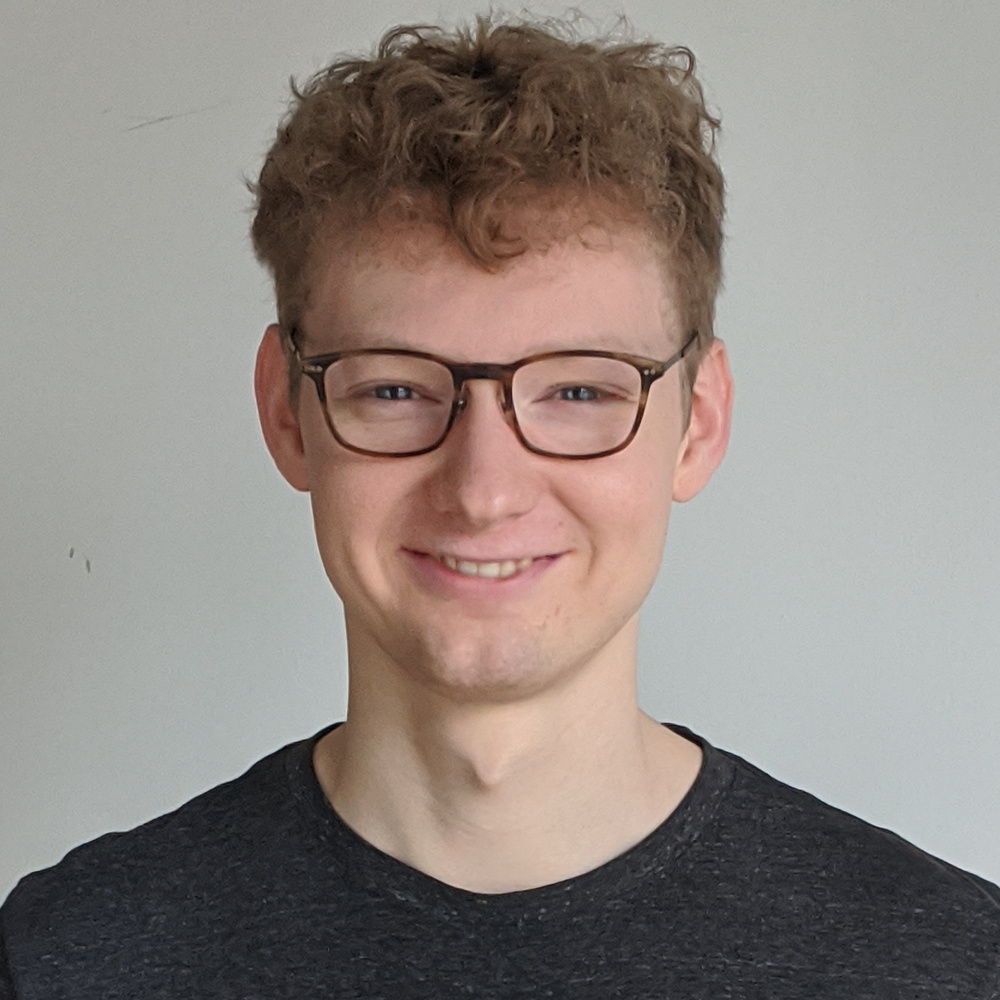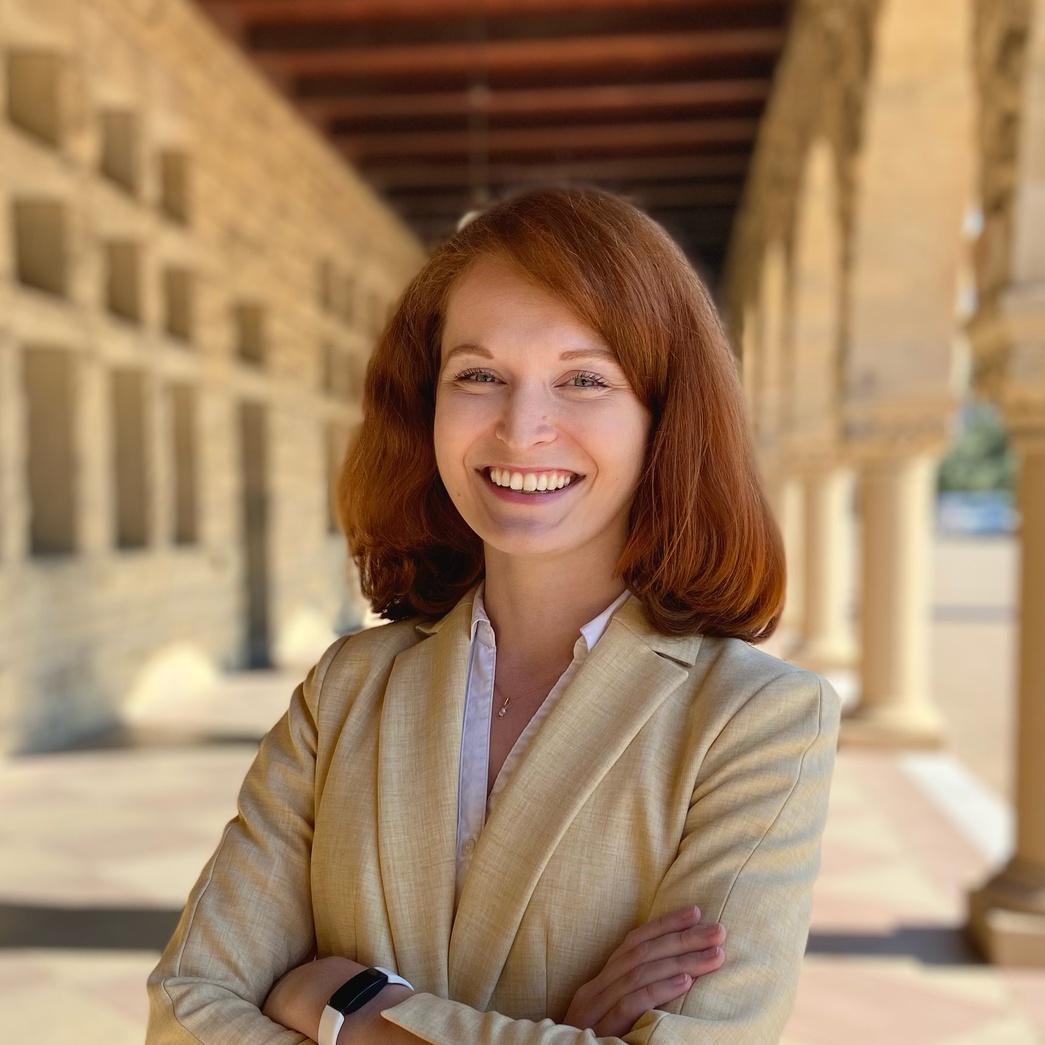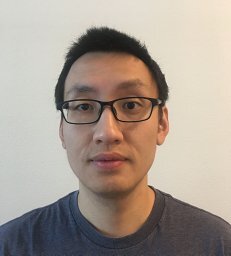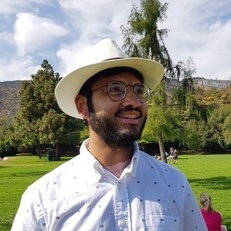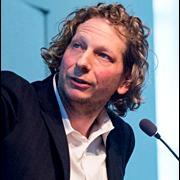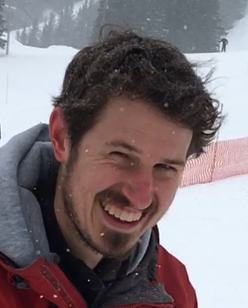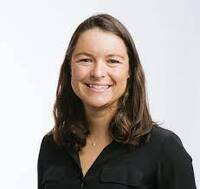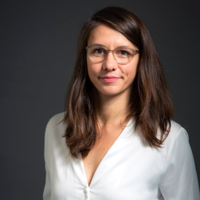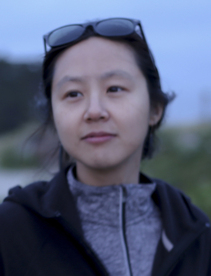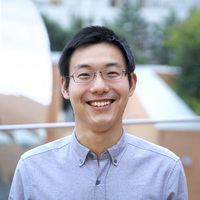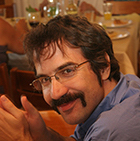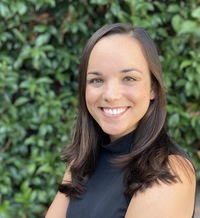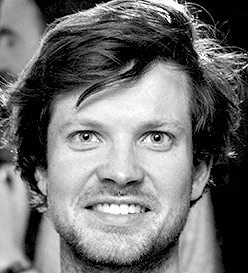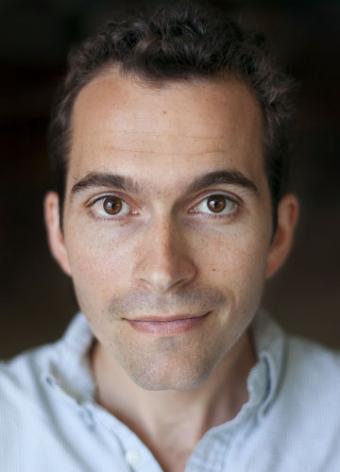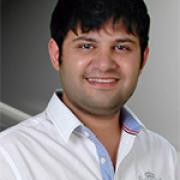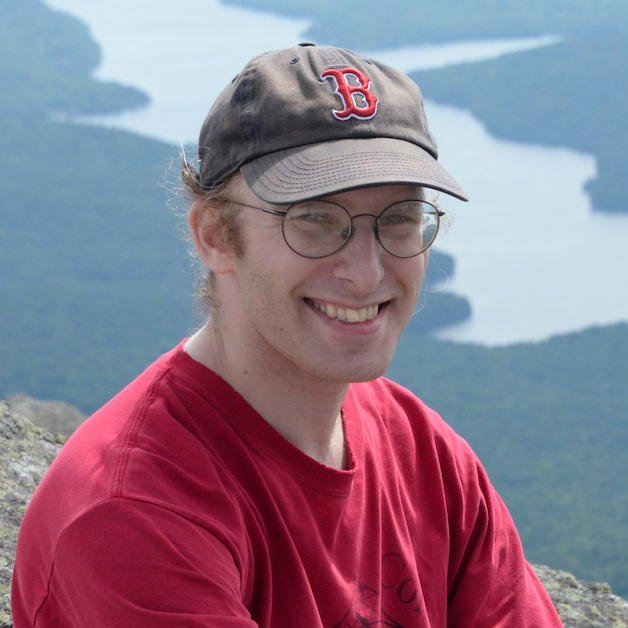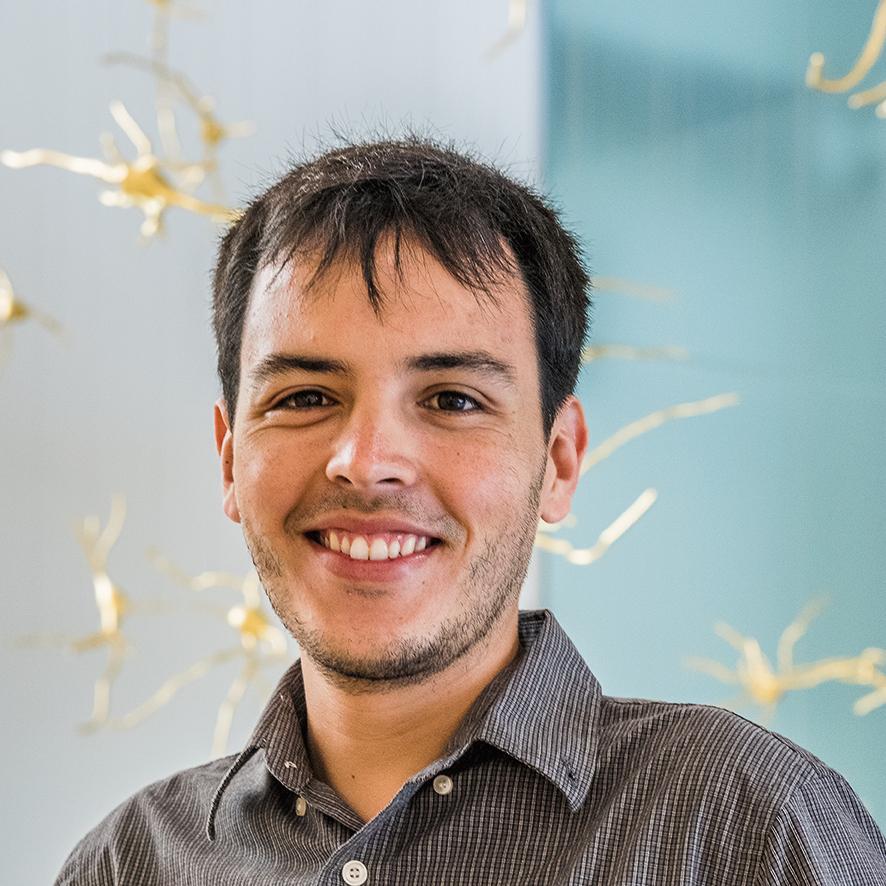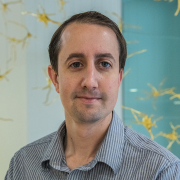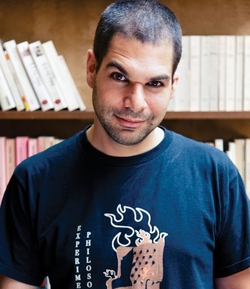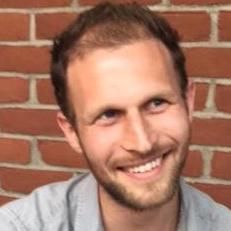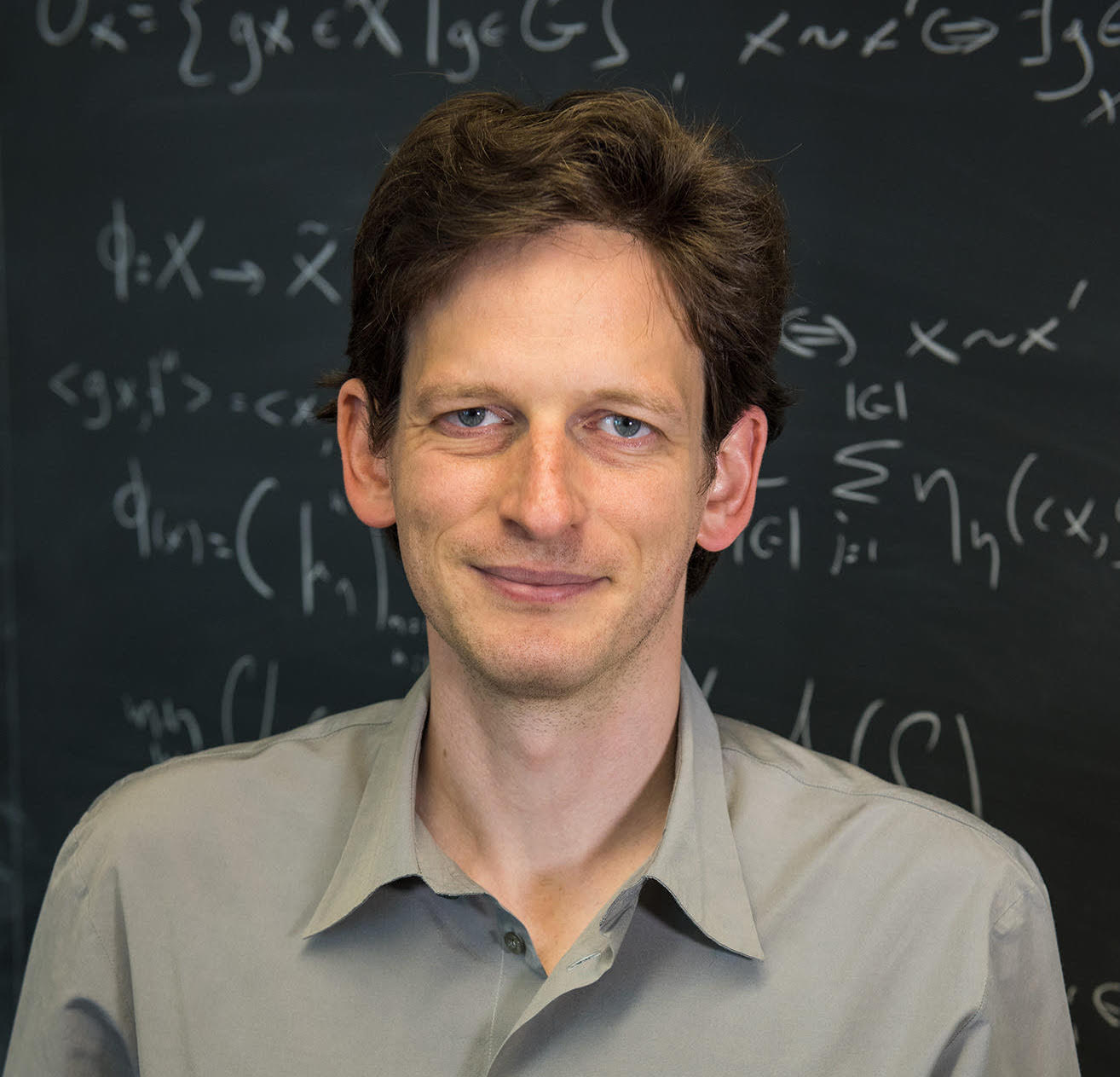People
… who are doing the work
Tobias Gerstenberg
Principal Investigator
I am interested in how people hold others responsible, how these judgments are grounded in causal representations of the world, and supported by counterfactual simulations. I also like to drink tea.
— Personal website
Jan-Philipp Fränken
Postdoctoral Researcher
I’m interested in representation learning, causal inference, and theory of mind reasoning. I currently work on MARPLE: Explaining what happened through multimodal simulation. I like to drink hot chocolate.
— Personal website
Erik Brockbank
Postdoctoral Researcher
My research focuses on how people construct predictive internal models of those around them. I say yes to coffee unequivocally.
— Personal website
Ari Beller
Graduate Student
I did my undergraduate study in philosophy and my graduate study in computer science. I’m interested in work that integrates the methods and questions of these disciplines to understand the mind. I like to drink water.
— Personal website
David Rose
Graduate Student
My research is mainly focused on how a teleological view of causation features in our view of composition, persistence and essence. Here is a picture of me thinking about the essence of pizza and wondering whether nacho pizza is a kind of pizza.
— Personal website
Sarah Wu
Graduate Student
I’m interested in computational models of social cognition, including aspects of social learning, inference, and judgment. I received undergraduate degrees in brain/cognitive sciences and applied math. I like to drink boba.
— Personal website
Justin Yang
Graduate Student
I am interested in leveraging behavioral experiments and computational modeling to understand how we represent the world around us, how we simulate alternative worlds, and how we use these simulations to make inferences. In my undergraduate, I studied cognitive science and mathematics. I like to drink milk.
— Personal website
Yang Xiang
Visiting Student
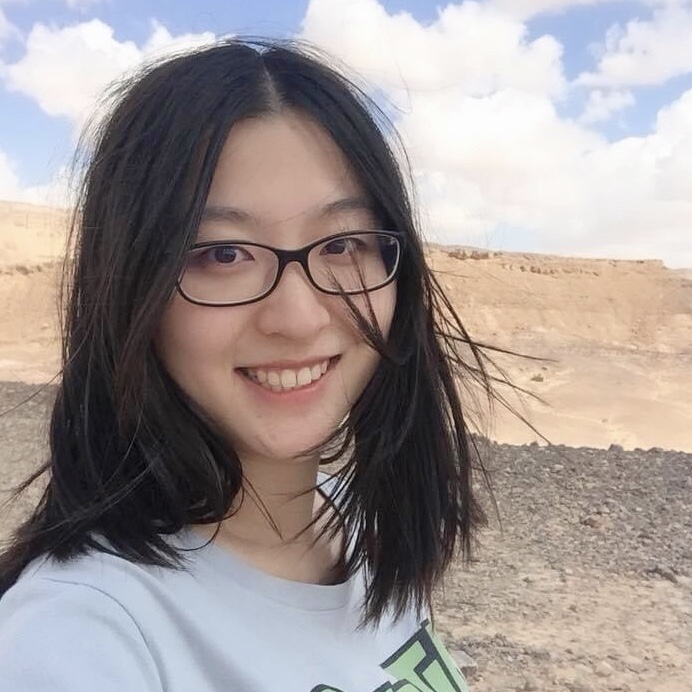
I’m a PhD student in the Computational Cognitive Neuroscience Lab at Harvard University. My research centers around understanding the cognitive foundations of collaboration. More specifically, I study how we make inferences about ourselves and others, and how we leverage those inferences to improve collaboration, focusing on our intuitive theories of competence and effort. I like (a good) matcha latte.
Addison Jadwin
Research Assistant
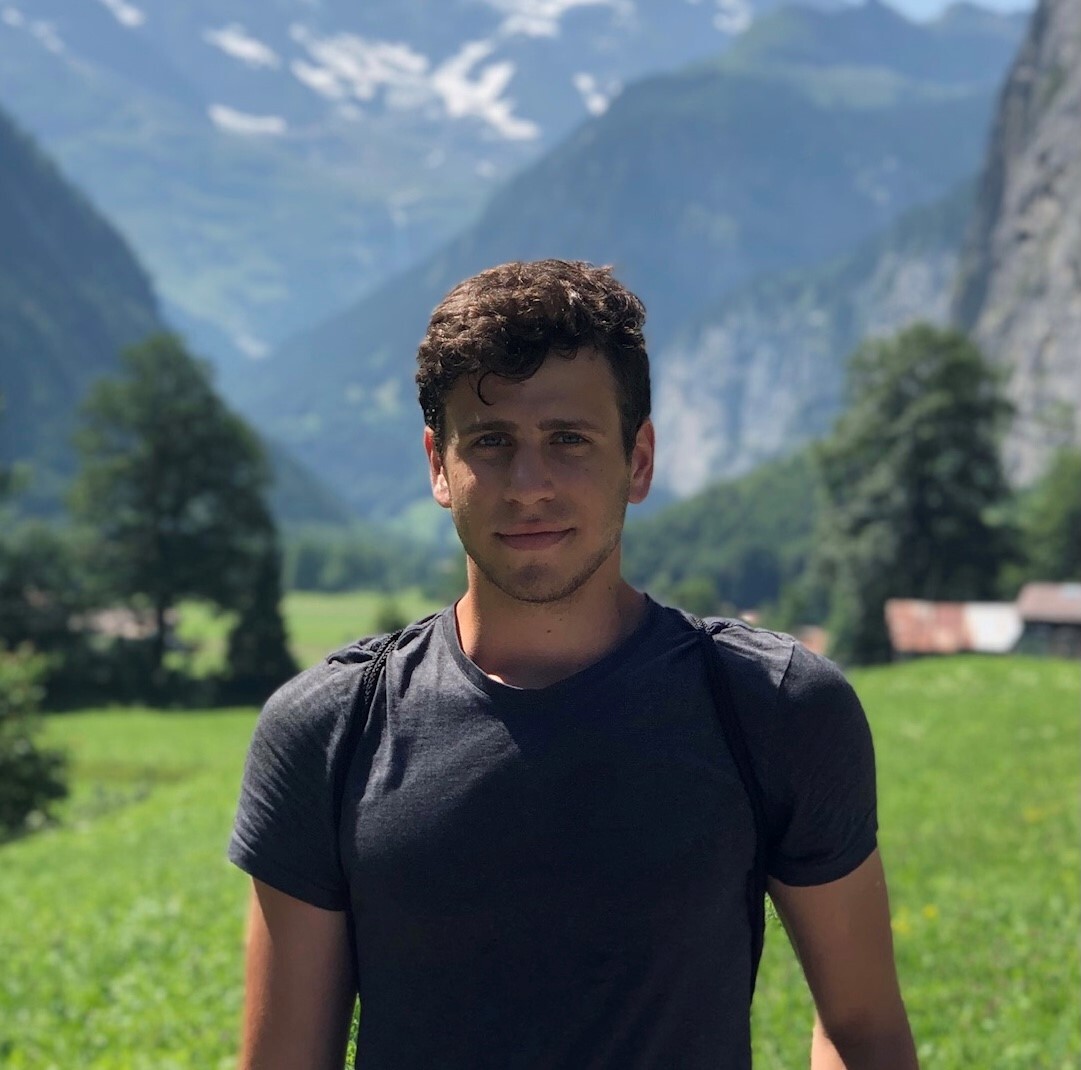
I’m a junior at Stanford majoring in symbolic systems. I’m interested in understanding cognition through computational models. Outside of this I enjoy playing viola and taking care of my fish and corals!
Ricky Ma
Research Assistant
I am interested in how causal reasoning mechanisms in humans can inspire machine learning algorithms that are both more generalizable and interpretable. I am especially passionate about using new ML and AI technology for social good. I completed my BSc. at UBC studying Cognitive Systems with a focus in Computational Intelligence and Design. I like to drink coffee, maybe a bit too much.
— Personal website
Shruti Sridhar
Research Assistant
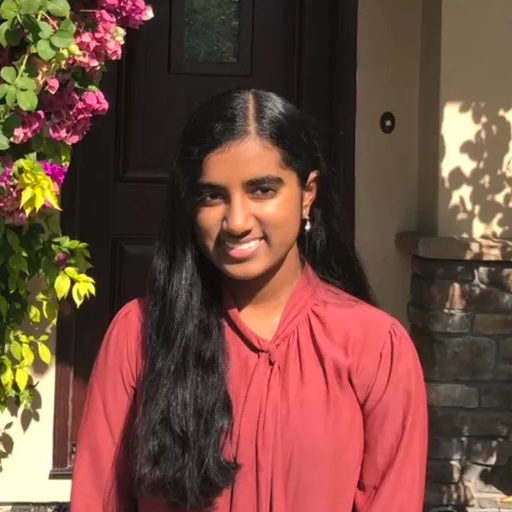
I am a sophomore at Stanford looking to major in Computer Science on the AI track. I am interested in using computational models to explore causality in social settings. Outside of that, I enjoy dancing and amateur vegan baking.
Siying Zhang
Research Assistant

I’m a dutiful questioner and an adroit researcher. I have a background in education and second language acquisition. I’m interested in how language affects social category development as well as perceived characteristics of individual social group members. I am also interested in the psychological and sociological disciplines that interact with each other and how the information I’ve learned from both perspectives are related together. So far at Stanford, I’m working on a couple of projects on causal judgements and shape bias. Ultimately, I’m planning to become a human factors researcher or UX research scientist. I love to do high intensity workouts followed by vanilla sweet cream cold brew coffee, or maybe coffee first!
Sam Kwok
Research Assistant
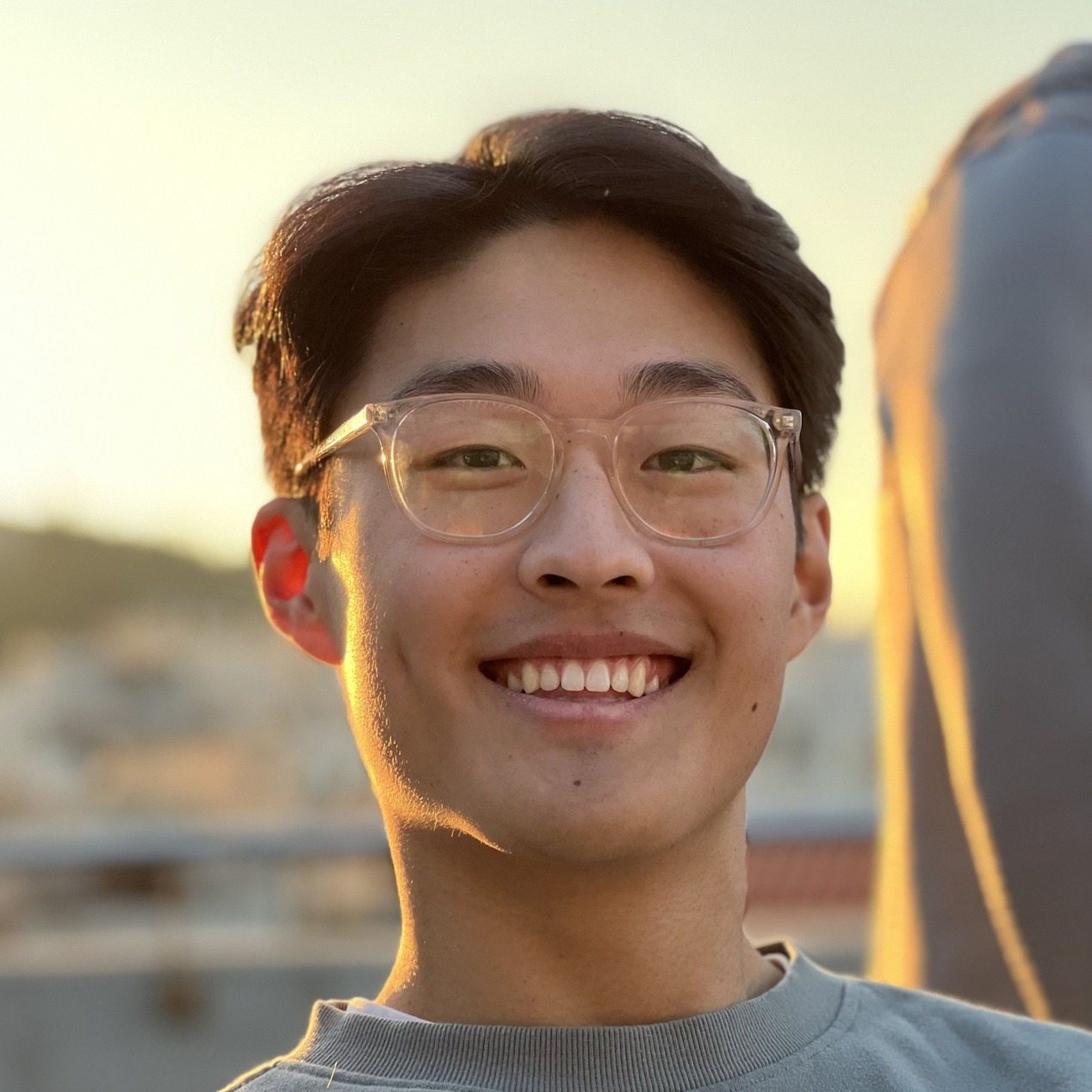
I am an undergraduate sophomore currently studying Symbolic Systems. I’m interested in making AI more ethical and learning about different computational models that people use to solve real-world problems. Outside of that, I enjoy playing trombone and piano, and like playing basketball and frisbee with my friends.
Patrick Ye
Research Assistant
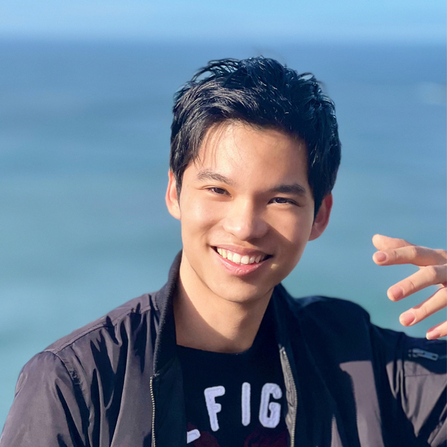
I’m passionate with complex systems, human intellectuality, and world-building prospects. Majoring in computer science, I’m excited about AI and interdisciplinary research. Things I enjoy: poetry and guitar, hiking and dancing, and a sip of Earl Grey Tea.
Sunny Yu
Research Assistant
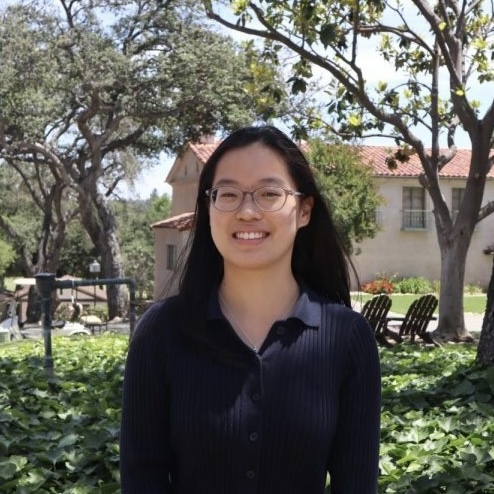
I am interested in using different methods to explore social cognition, interpersonal interactions, and understanding the mind. I also enjoy reading, writing, and staying active.
Hannah Cha
Research Assistant
I am junior at Stanford majoring in Symbolic Systems with a minor in Art Practice and CSRE. I’m interested in minimizing algorithmic biases and harms and analyzing AI models in social contexts. I love making digital art, animations, and painting my own nails!
— Personal website
Mishika Govil
Research Assistant
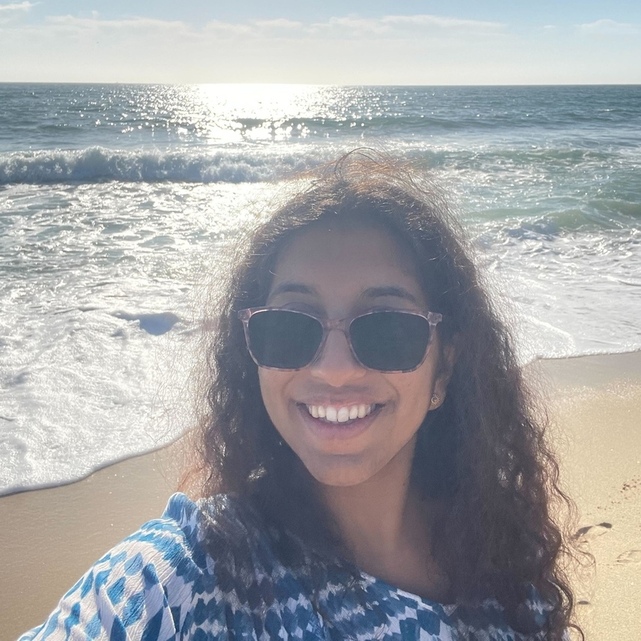
I’m an undergrad junior majoring in MS&E and Philosophy and minoring in CS. I’m interested in exploring how computational technologies differ from and relate to human decision-making processes. What drives me is learning how things work - whether it be in the context of pure math, computing, the physical universe, the human mind, economic structures, or anything else. Outside of work, I love reading, watching sitcoms, and playing ping pong, pickleball, badminton, and basketball! My favorite drink is a vanilla milkshake!
Alexa Tran
Research Assistant
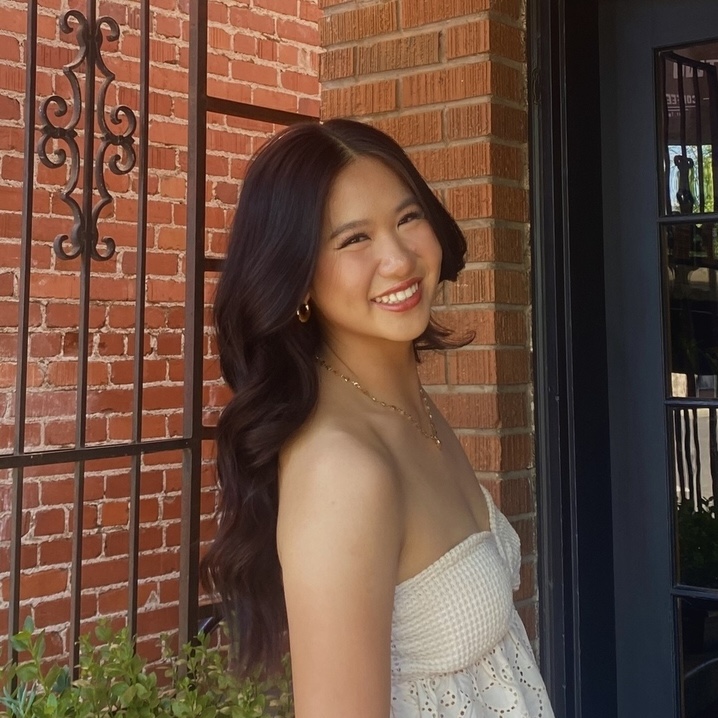
I’m an undergraduate majoring in computer science, either on the AI or HCI track. I’m interested in using computational models to understand how people think about the world, and in my free time, I love going on long walks, playing golf, and trying new foods!
Phillip Miao
Research Assistant

I am an undergraduate student at Stanford University studying Computer Science. I am interested in using big data and computational tools to understand how we perceive the world. I am also interested in understanding how language models perform reasoning and thinking. I love playing board games, traveling, and having fun with friends.
Xi Jia (Laura) Zhou
Lab Affiliate
I am currently a PhD candidate in Nick Haber’s Autonomous Agents Lab. I double-majored in cognitive neuroscience and computer sciences from Minerva School. I am interested in how causal representations form our understandings in both the physical world and the social world. In my spare time, I enjoy learning electronics and observing squirrels.
— Personal website
Adam Huang
Lab Affiliate
I did my undergraduate in physics and mathematics. I am interested in computational models of causal reasoning, and how they support intuitive physical predictions. I am also interested in cognitive biases that shape how we perceive real physical world. I like to play and watch soccer.
— Personal website
Andrew Nam
Lab Affiliate
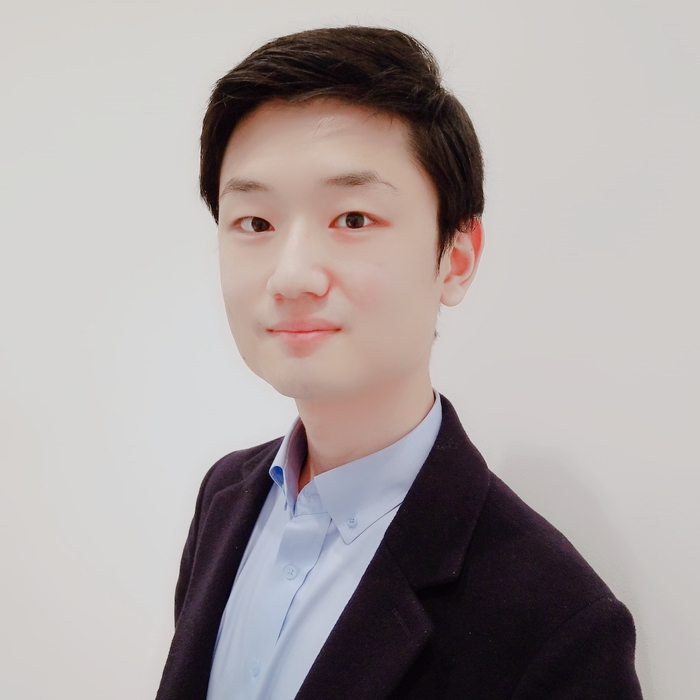
I’m a PhD student in the PDP lab. My research is on computational cognitive modeling, that is, identifying psychological constructs and understanding their mechanisms through computer models such as neural networks. In particular, I am interested in logical and mathematical reasoning which are essential cognitive faculties for inference, problem solving, and decision making.
Allen Nie
Lab Affiliate
I’m a Computer Science PhD student focusing on Artificial Intelligence. I’m interested in allowing AI systems to have causal reasoning capabilities. I received my master of science in Symbolic Systems. I like to solve puzzles in my spare time.
— Personal website
Helena Vasconcelos
Lab Affiliate
I am interested in how people interact with explainable AI agents, as well as how we can teach models to reason and explain. I am also working with Michael Bernstein’s and Ranjay Krishna’s groups. I love to eat Brazilian foods!
— Personal website
Ben Prystawski
Lab Affiliate
I am a PhD student in the CoCoLab. My research involves studying how pedagogical language shapes cultural transmission of knowledge and analyzing connections between large language models and probabilistic models of cognition. I like rock climbing.
— Personal website
Kate Petrova
Lab Affiliate
I am an affective science PhD Student at the Stanford Psychophysiology Lab. I use a combination of behavioral experiments, experience-sampling, physiological measures, and computational modeling to understand how beliefs about emotions shape emotion regulation. When I am not in the lab, you can find me 3,000ft up in the sky, working towards my private pilot license!
— Personal website
Peter Zhu
Lab Affiliate
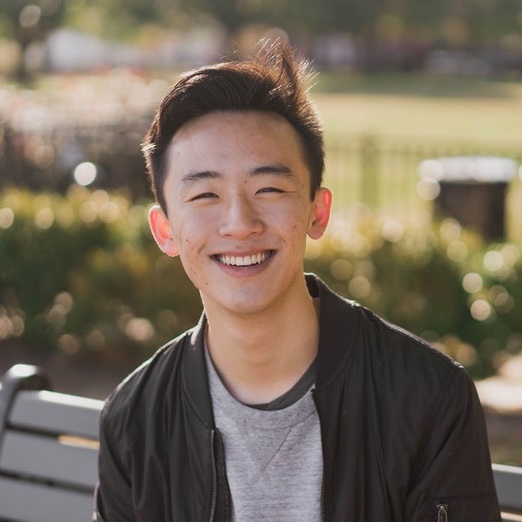
I am a PhD Student in the Stanford Social Learning Lab. My research interests focus on the representations and motivations that guide learning and play early in life. I like to eat tacos and drink coffee.
Ruohan Zhang
Lab Affiliate
I am a postdoctoral researcher at Stanford Vision and Learning Lab, as well as a Wu Tsai Human Performance Alliance Fellow. I work on robotics, human-robot interaction, brain-machine interface, cognitive science, and neuroscience. My research focus is human-centered artificial intelligence: Understanding human intelligence for developing biologically-inspired AI algorithms, as well as making AIs more compatible with humans.
— Personal website
Kanishk Gandhi
Lab Affiliate
I am interested in reasoning and social cognition; how we can build machines that interact with, learn from and communicate with others.
— Personal website
Chuqi Hu
Lab Affiliate
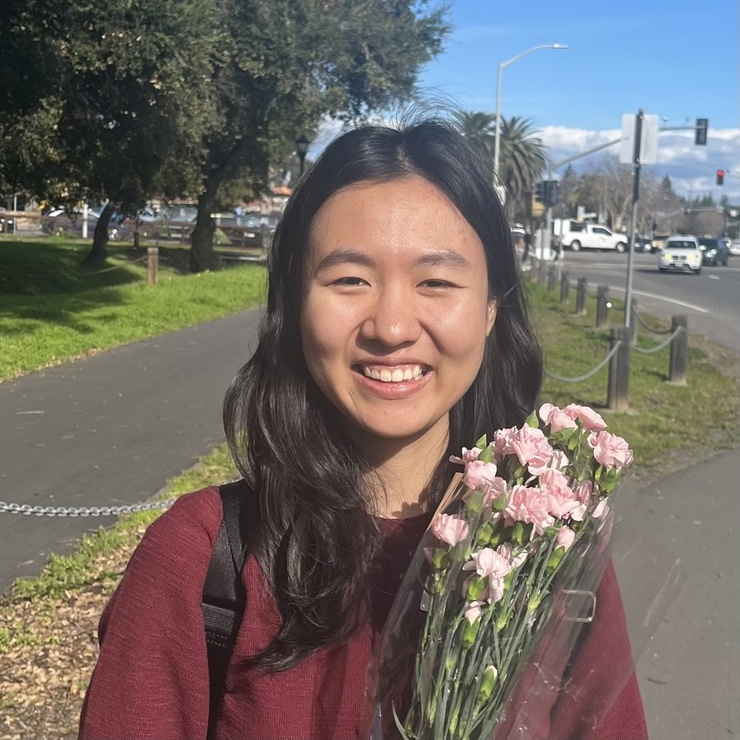
I am a Symbolic Systems master’s student. I am interested in social cognition, self/identity, and learning. In my free time, I enjoy singing, playing tennis, and spending time in nature!
Alumni

